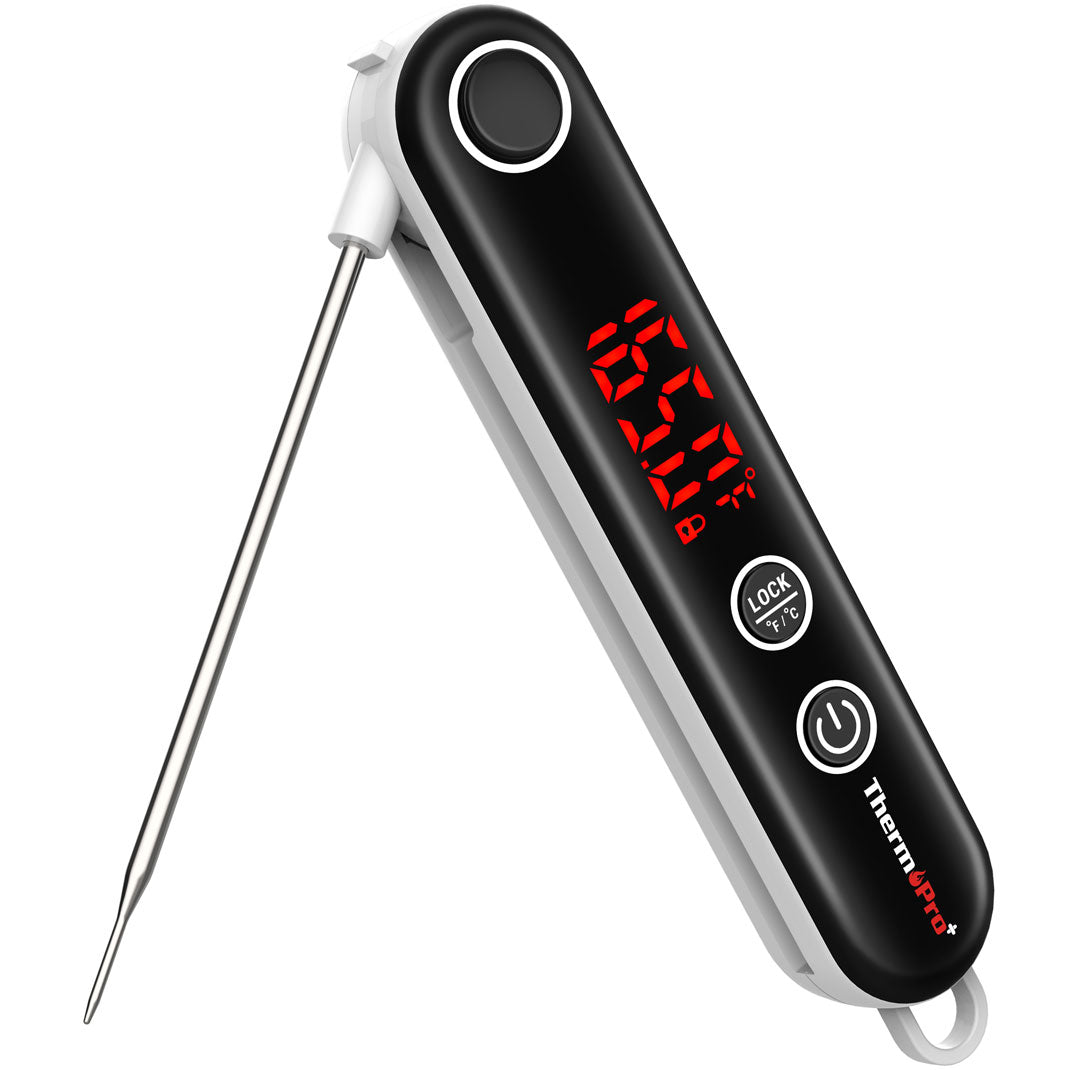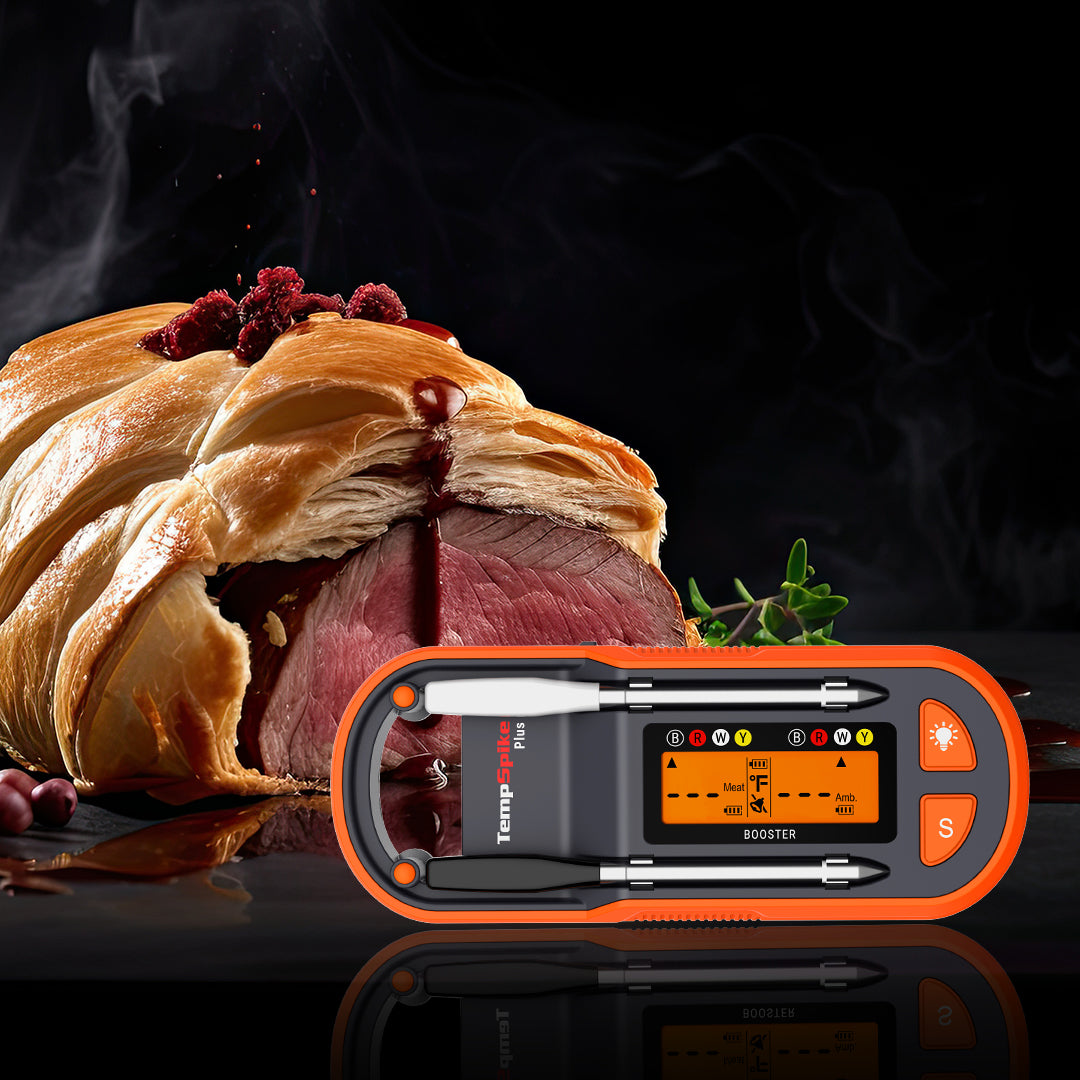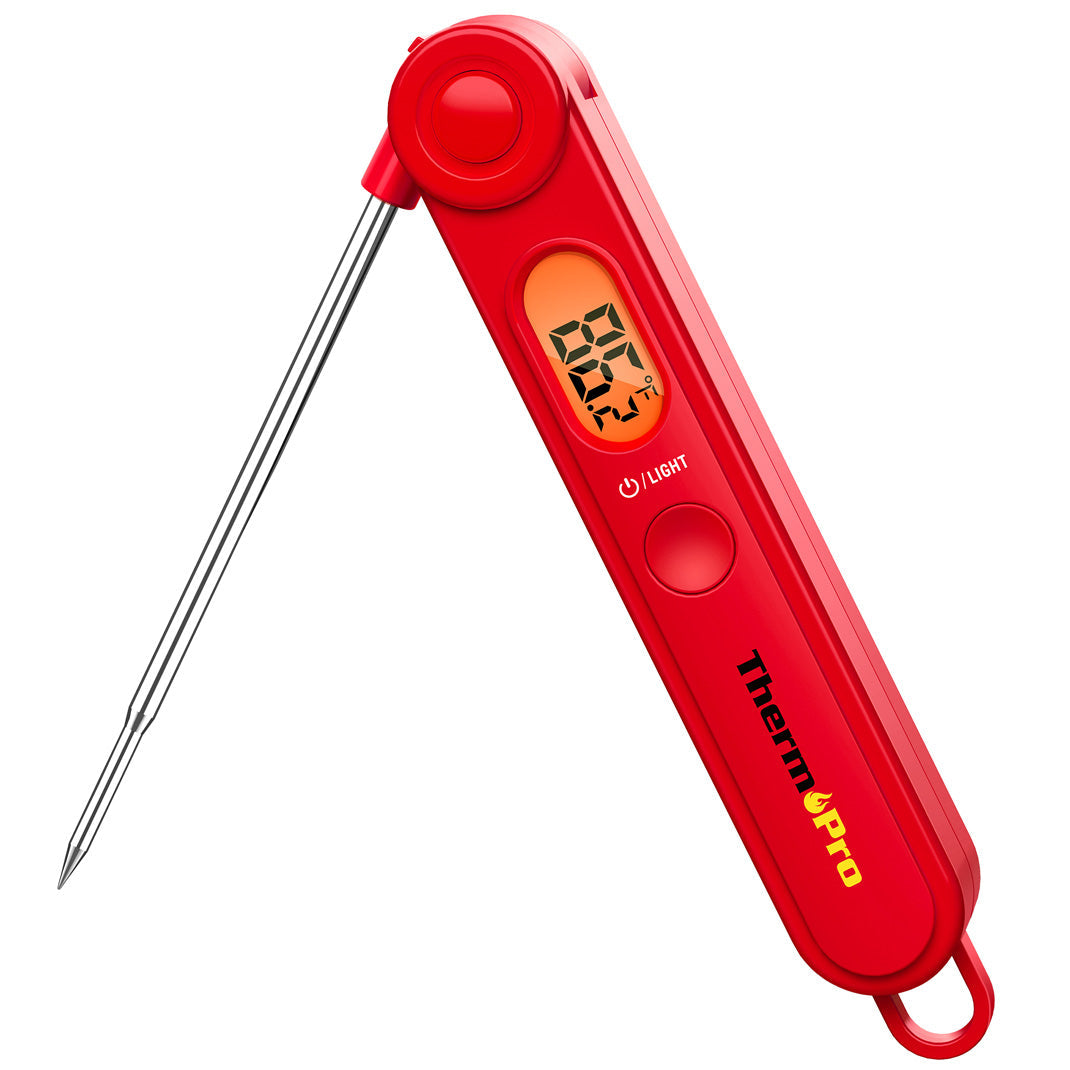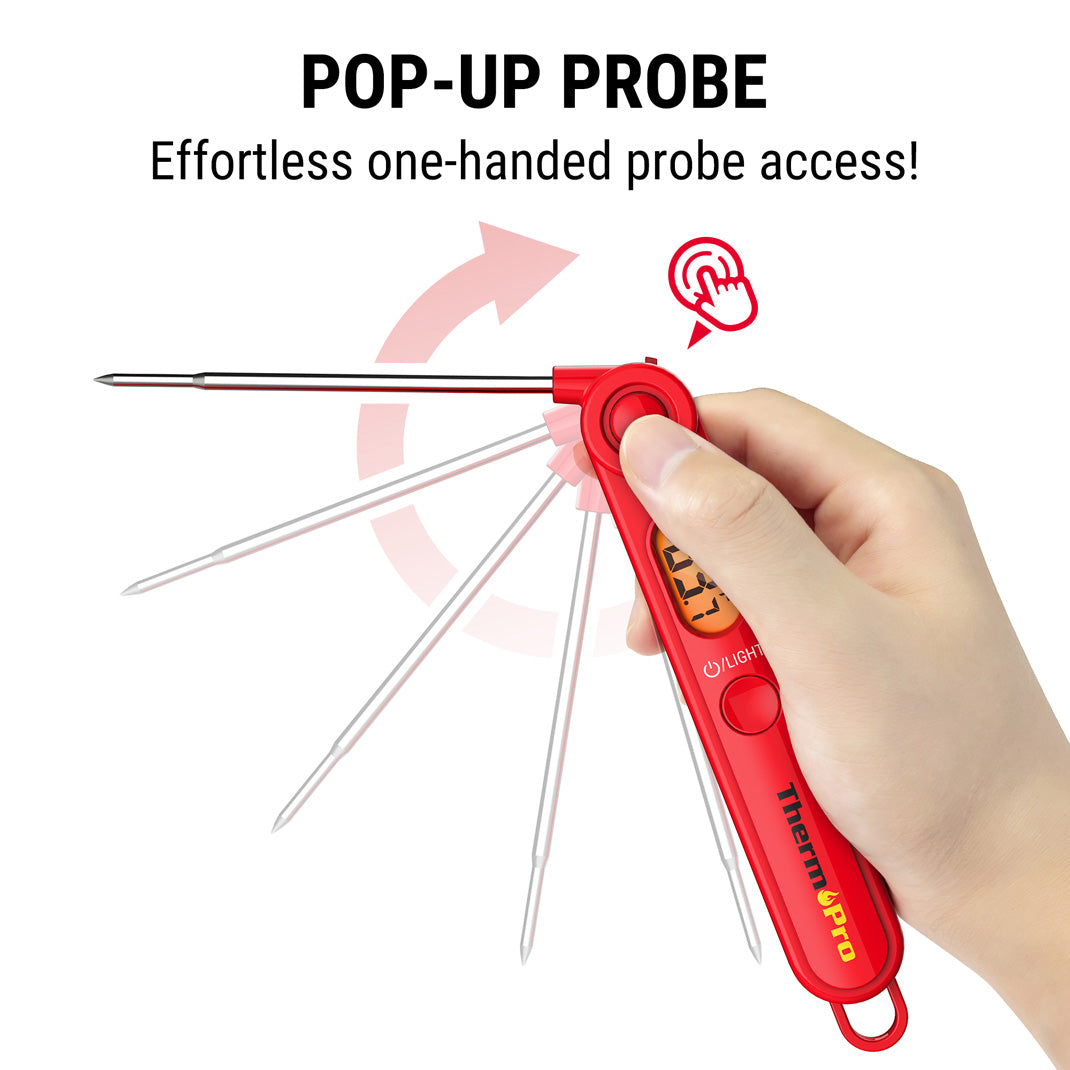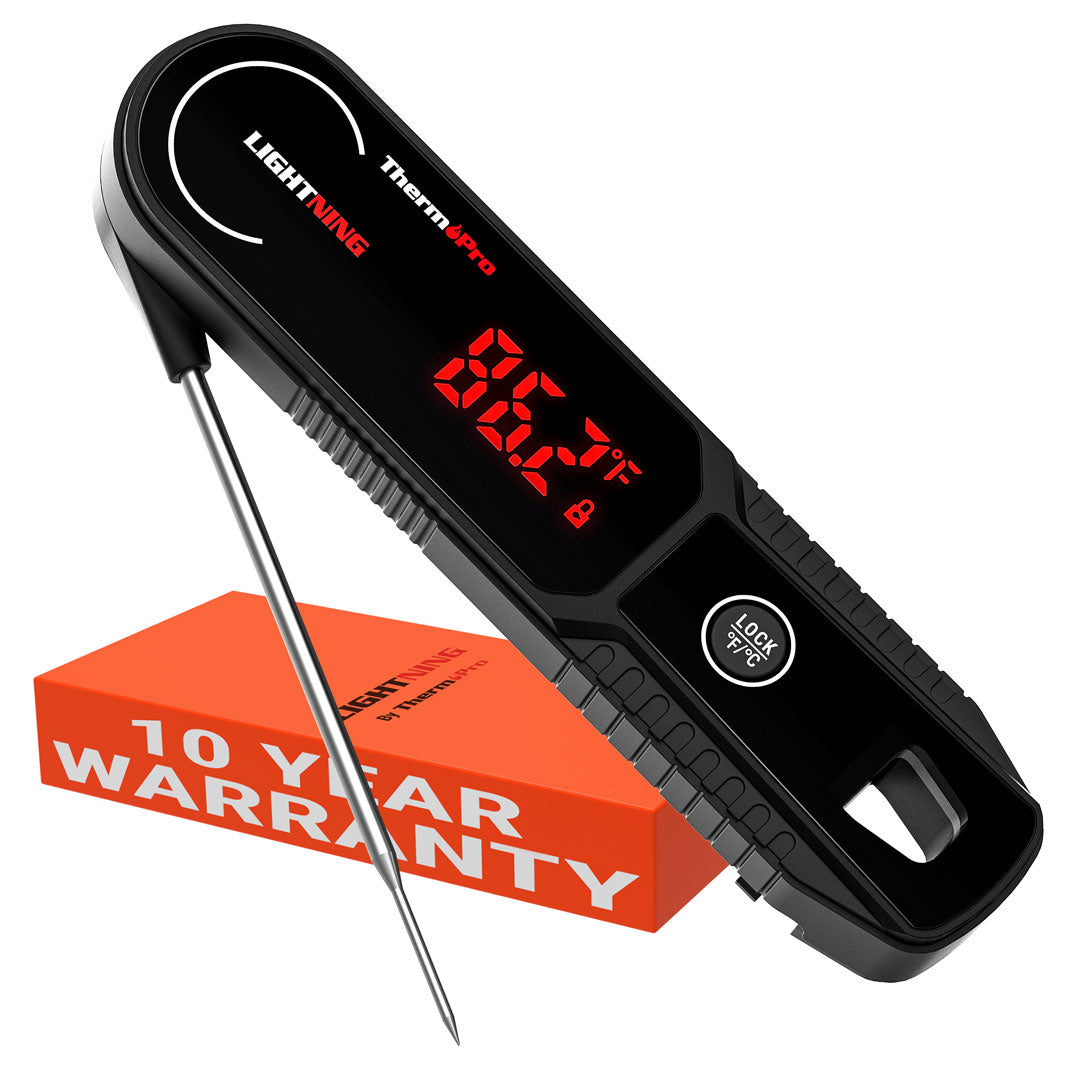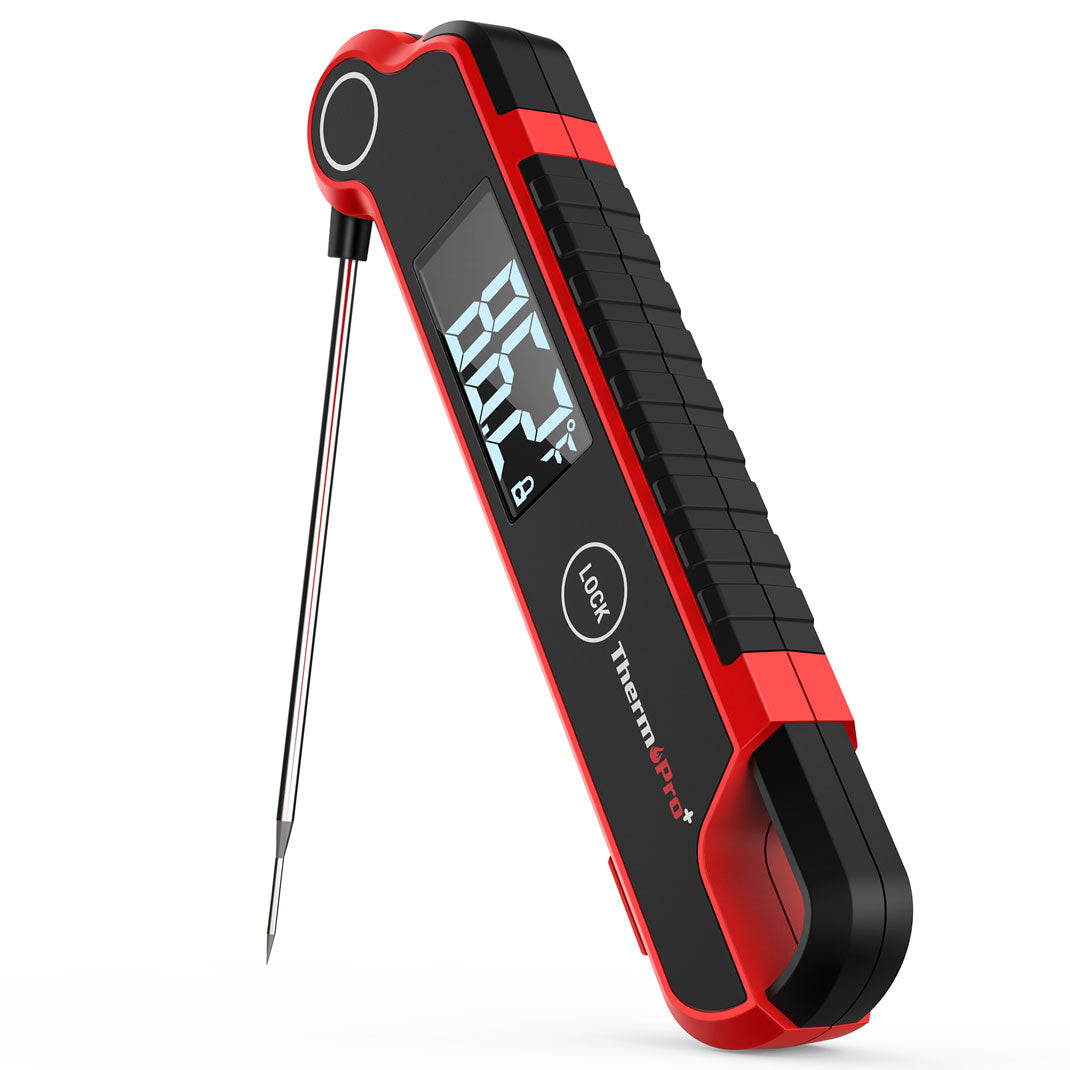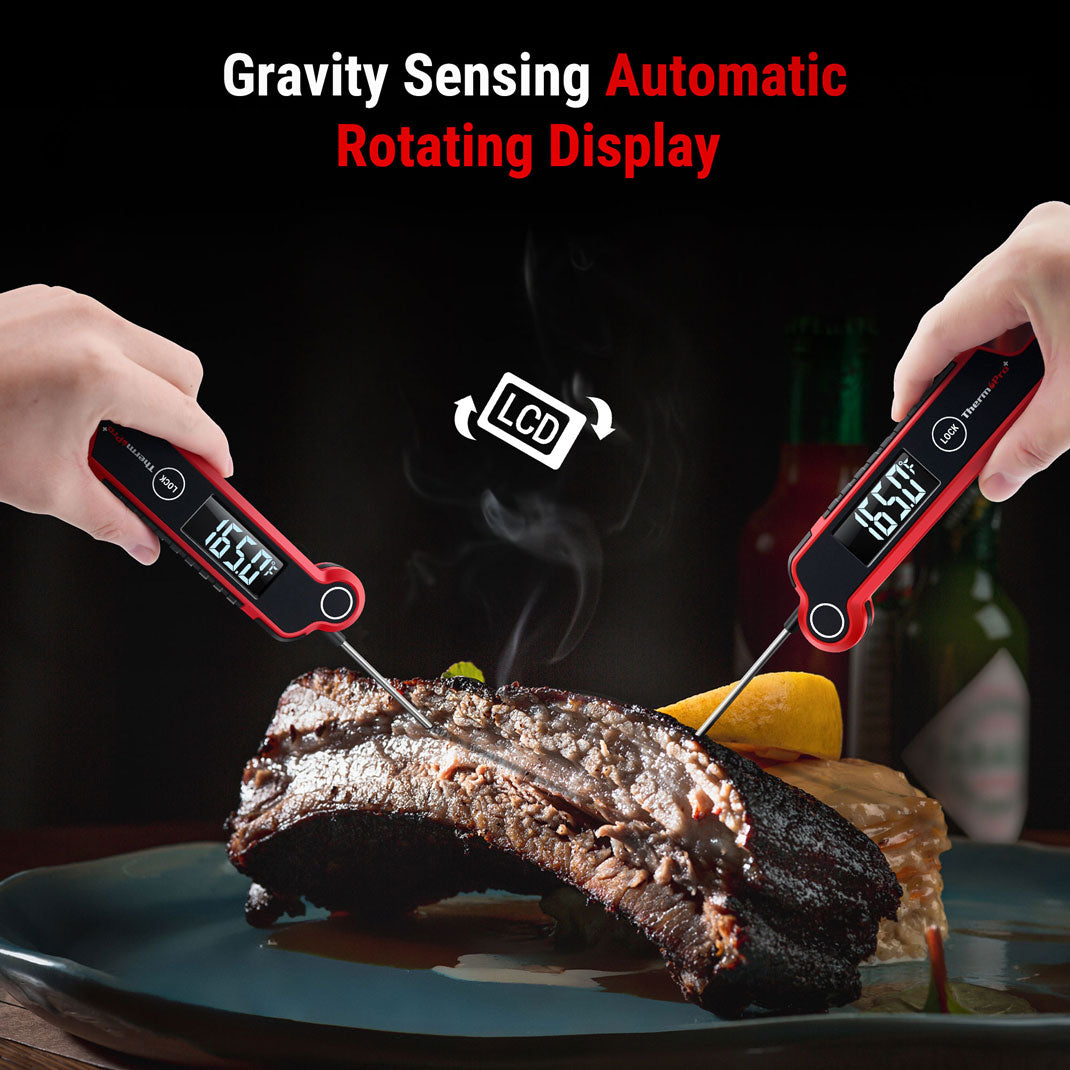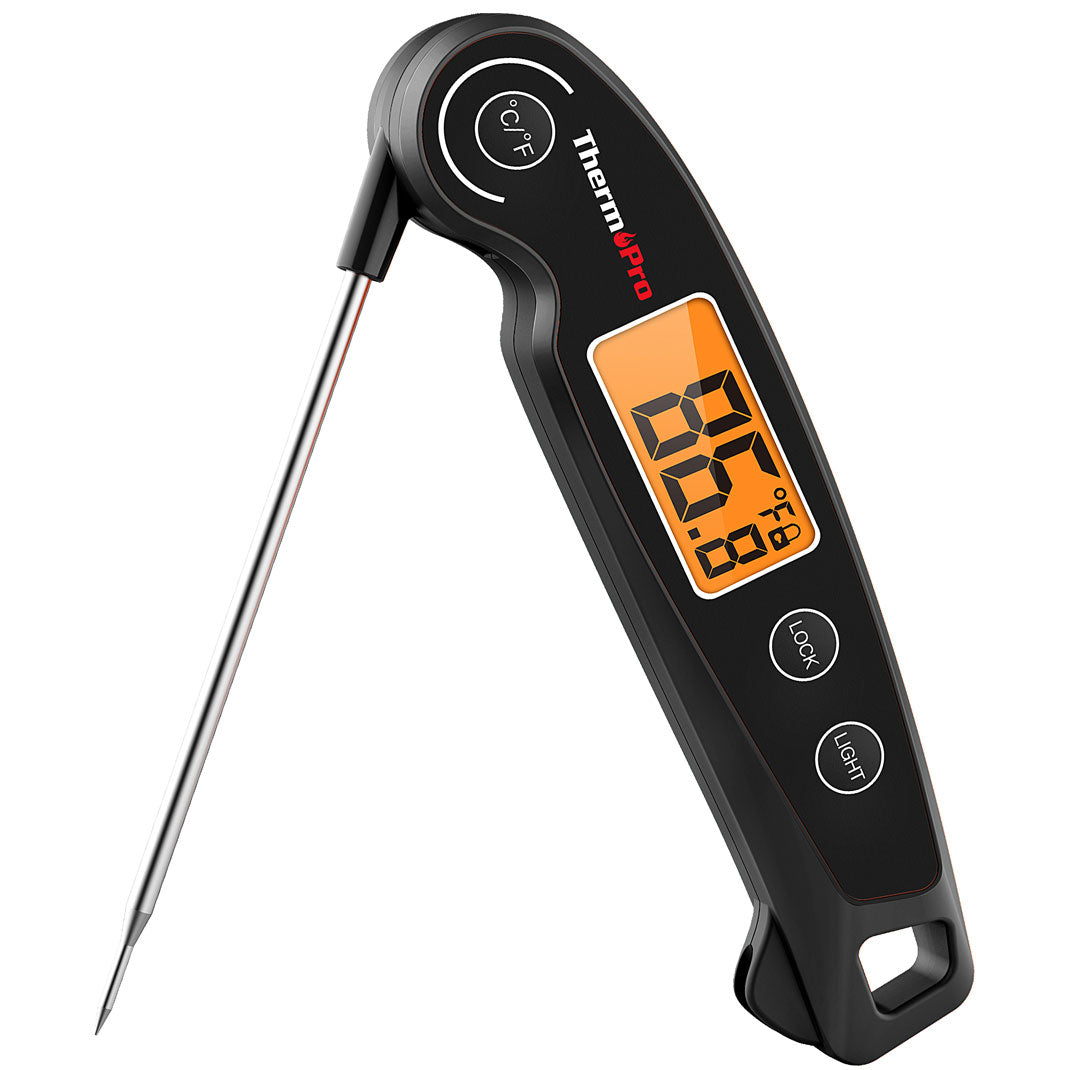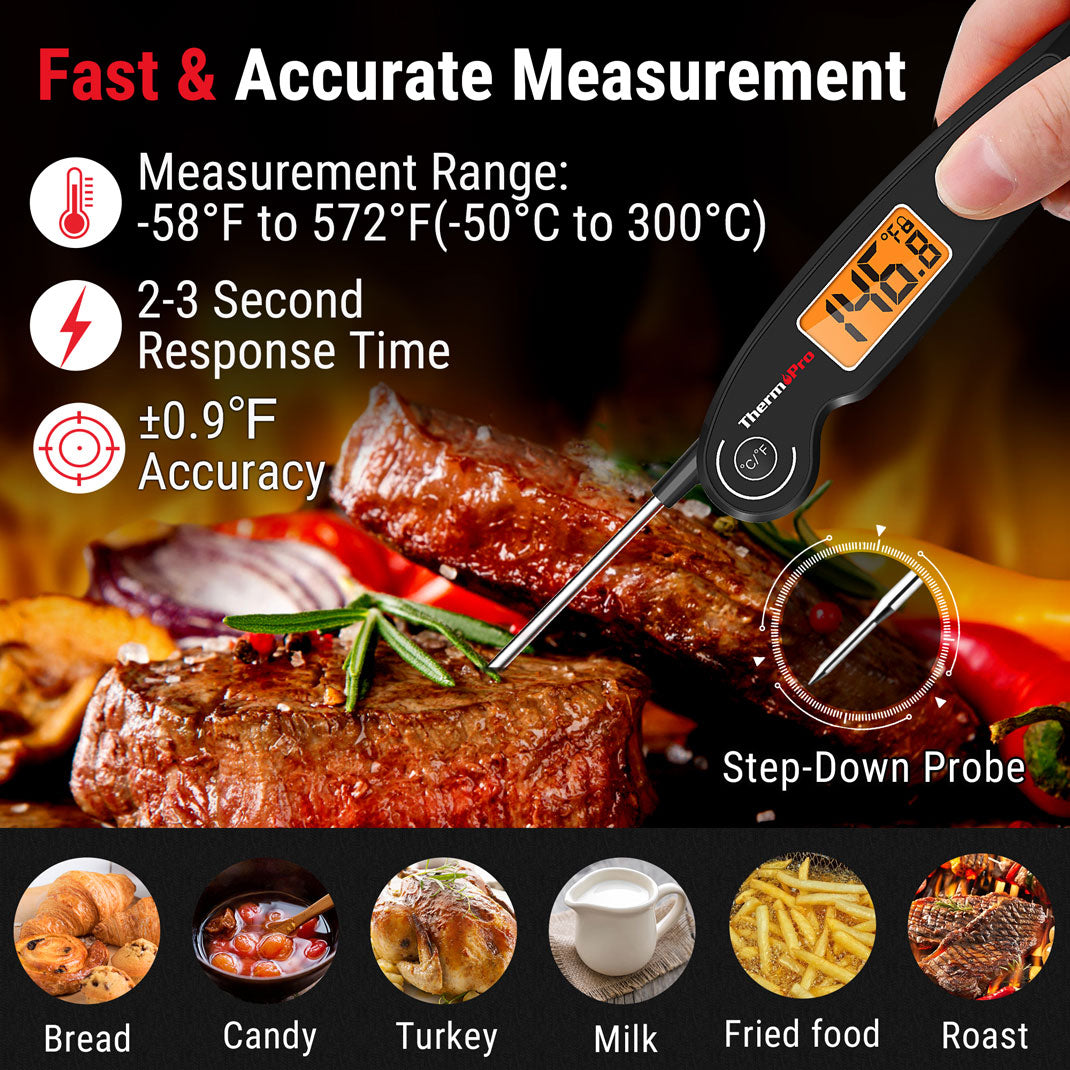How to Protect Yourself from BBQ Smoke






 288 Comments
288 Comments
If you had to describe “barbecue” to someone who had never experienced it before, you might use words like “affordable,” “enjoyable,” and “delicious.” And yet, although you may call it “fun for the whole family,” barbecue is something that may pose a risk to your health. And it does this in the form of BBQ smoke.
After centuries of industrialization, we’ve become familiar with the trade-off that comes with burning fossil fuels. But even though we’d never have thought something we do in our backyards could harm ourselves or our families, the truth is more serious than we realize.
With this short article, we’ll examine:
- The dangers of BBQ smoke
- The health impact of different grill methods
- The difference between different fuel types
- What you can do to protect yourself and your family
The Difference Between BBQ Fuels
Some BBQers have die-hard preferences when it comes to the fuel they use for their barbecue. Although each type of fuel offers different advantages for their BBQ, they also come with their own disadvantages when it comes to the smoke they give off.
- Charcoal: The worst fuel when it comes to possible health risks. Charcoal emits HCAs, PAHs, smoke, and ash, making an impact on the environment far beyond your backyard.
- Wood: Despite their sweet smokiness, woods like hickory and mesquite can emit harmful chemicals like PAHs, benzene, acrolein, and formaldehyde when burned.
- Natural gas & propane: This “green” alternative to traditional BBQ fuels releases far fewer emissions than other fuels.

How to Protect Yourself from BBQ Smoke
To keep yourself and your family safe from the adverse effects of smoke from a barbecue, try using these tips:- Change Clothes: Remove and wash smoke-exposed clothes after barbecuing.
- Open Lid: Grill with an open hood so that BBQ smoke can disperse.
- Use a Thermometer: Monitor temperatures to prevent your grill from becoming too hot. You can use instant-read thermometers for fast-cooking foods like burgers, or meat thermometers with probes for food that need extended cooking time like brisket and baby back ribs.
- Don’t Eat Burned Food: Don’t eat burned BBQ food that has been charred and blackened.
- Don’t Cook Burned Food: Flip meat often to avoid burning your meat.
- Pre-Cook Your Meat: Cook your meat before grilling to reduce its time cooking at high temperatures.
- Purchase and Cook Leaner Meat: This will cut down on fat drippings.
- Switch Fuels: Consider using environmentally-friendly fuels like propane and natural gas.
Final Thoughts
Throughout human history, BBQ has been an important ritual for people to converge and share good food. Even though exposure to smoke from a barbecue isn’t good for you, we can be proactive and take steps to minimize this risk and keep ourselves safe.
We hope these words have been helpful to you. Stay healthy, and enjoy barbecuing!








